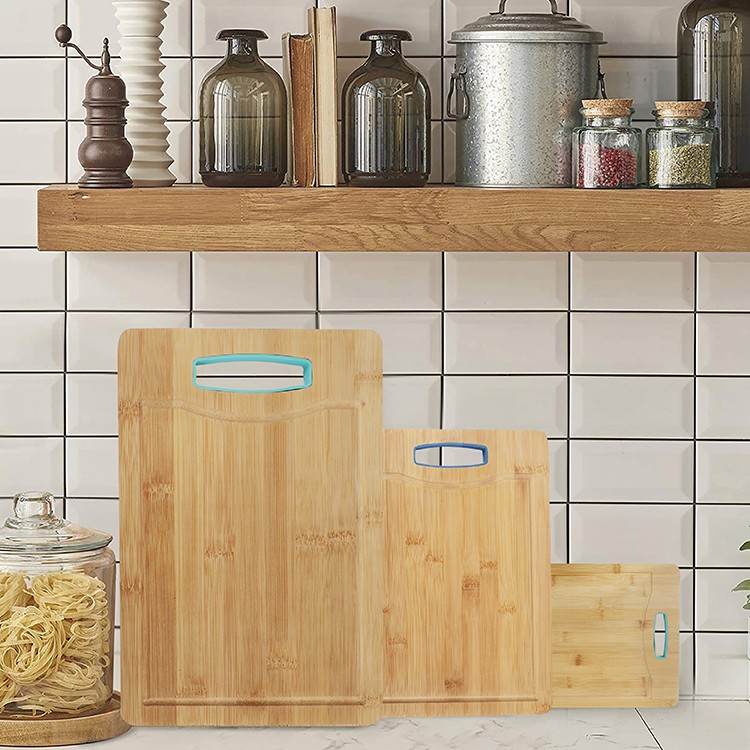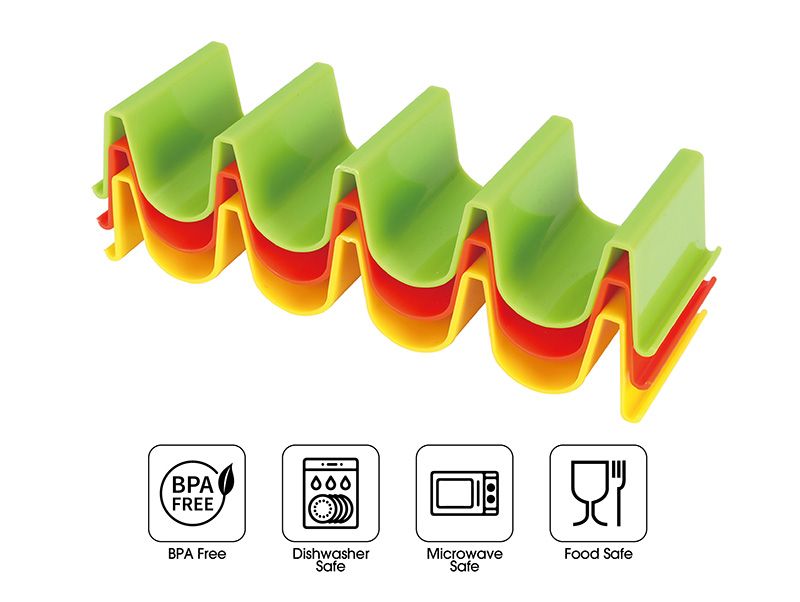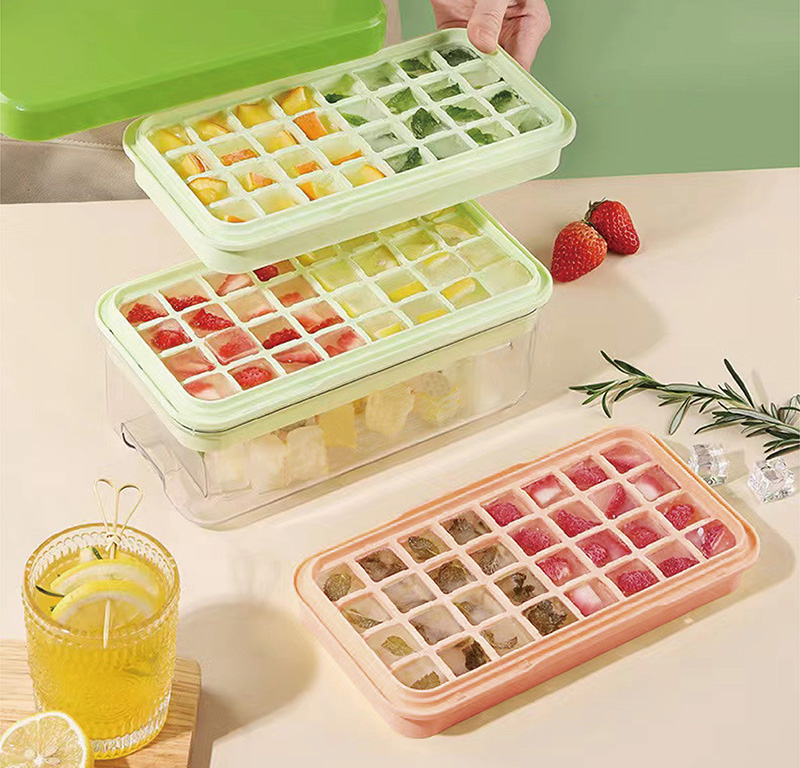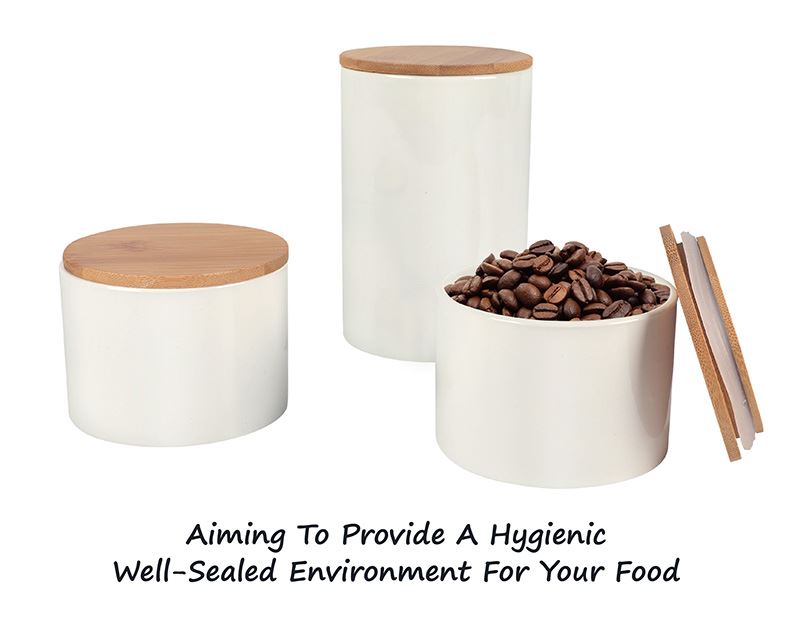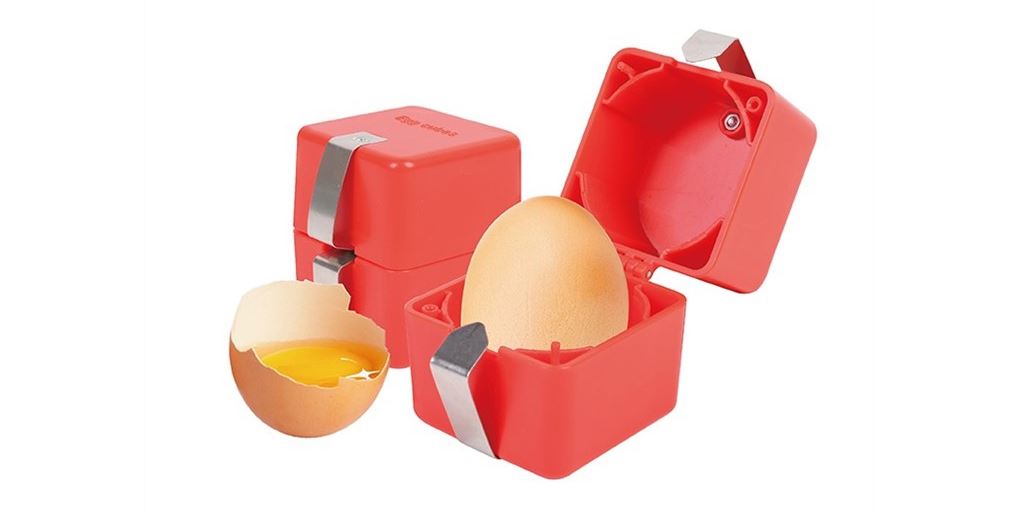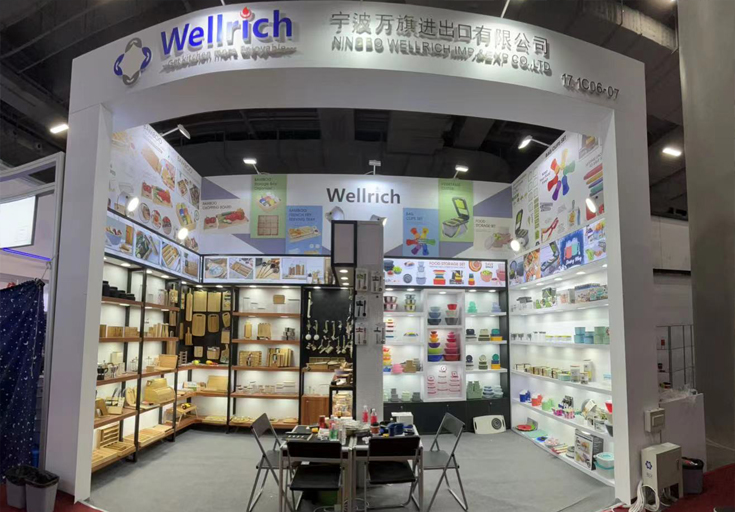Bamboo cutting boards
Bamboo cutting boards have become a popular alternative to traditional wooden or plastic cutting boards in recent years. Not only are they an eco-friendly choice, but they also offer several advantages over other materials. In this article, we will explore the bamboo cutting board industry and the benefits of using bamboo cutting boards.
Bamboo is a fast-growing, renewable resource that grows in abundance in many parts of the world. Unlike traditional hardwoods, which can take decades to mature, bamboo can be harvested in as little as three to five years, making it a highly sustainable material. Additionally, bamboo produces more oxygen and absorbs more carbon dioxide than most other plants, making it an excellent choice for environmentally-conscious consumers.
Bamboo cutting boards are also highly durable and resistant to scratches and cuts. They are naturally antimicrobial, meaning that they inhibit the growth of bacteria and other harmful microorganisms. This makes bamboo cutting boards a safer and more hygienic option for food preparation, as they are less likely to harbor harmful bacteria that can cause foodborne illnesses.
Another advantage of bamboo cutting boards is that they are easy to clean and maintain. Unlike wooden cutting boards, which can absorb moisture and become warped or cracked over time, bamboo cutting boards are less porous and more resistant to moisture. They can be cleaned with a simple mixture of warm water and soap, and they can be sanitized with a mixture of vinegar and water.
In terms of design, bamboo cutting boards come in a variety of shapes and sizes to suit different needs and preferences. They can be found in traditional rectangular shapes, as well as circular, oval, and other unique shapes. Some bamboo cutting boards even come with built-in compartments for collecting food scraps or juices, making them ideal for messier food preparation tasks.
When shopping for bamboo cutting boards, it is important to look for products that are made from high-quality bamboo and are produced using sustainable and ethical practices. Some companies may use lower-grade bamboo or may not adhere to sustainable harvesting practices, so it is worth doing some research to find a reputable and responsible supplier.
In conclusion, the bamboo cutting board industry offers a sustainable and eco-friendly alternative to traditional cutting board materials, with numerous benefits in terms of durability, hygiene, and ease of maintenance. By choosing bamboo cutting boards, consumers can make a positive impact on the environment while also enjoying a safe and convenient tool for food preparation.
